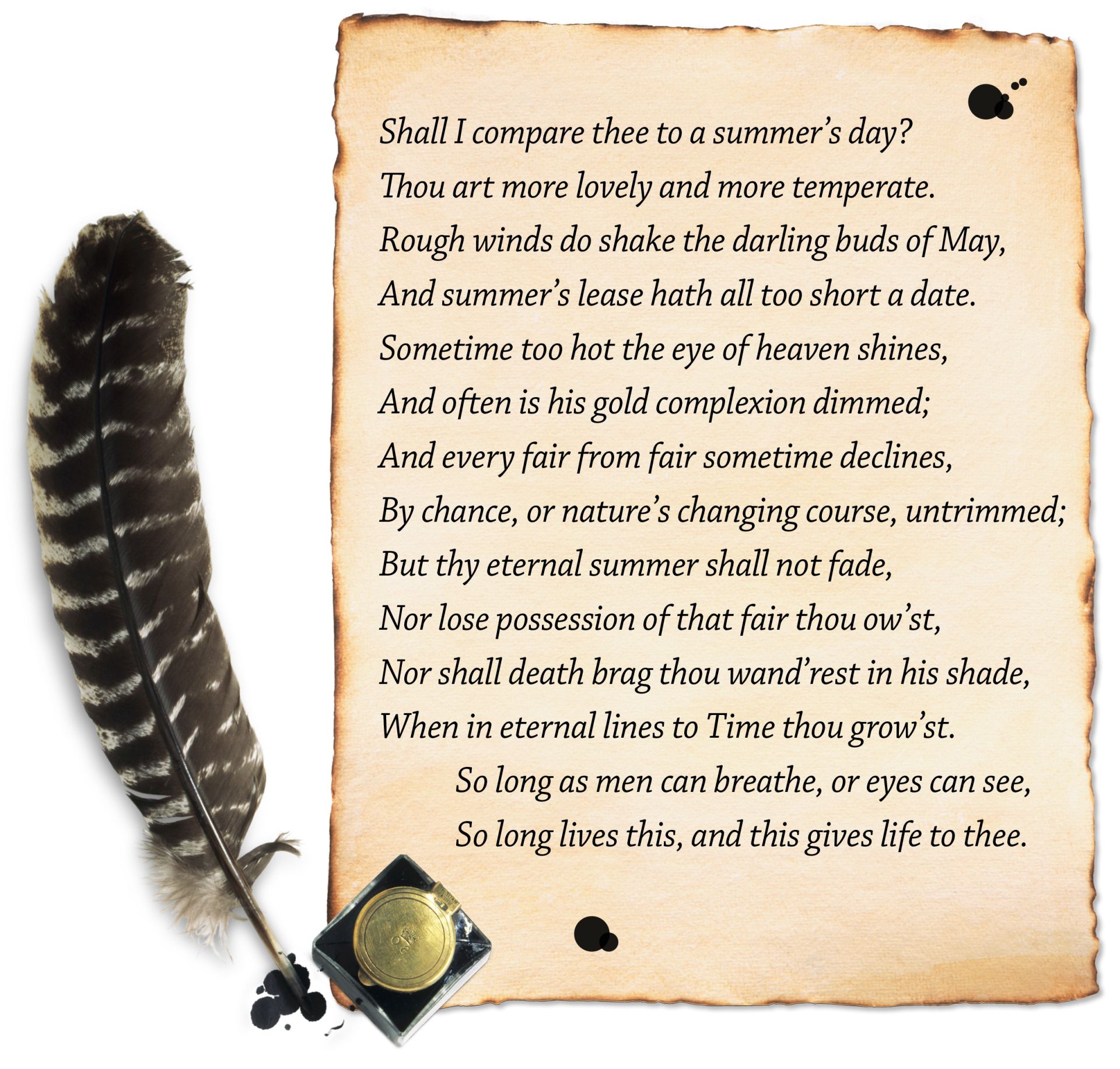
Now, though, we’re swiftly transported from fragrant fields to a war zone with “The wreckful siege of batt’ring days”. It’s a reminder of an earlier sonnet (18) where the beloved is found “ more lovely and more temperate” than a summer’s day. It’s as if the speaker had himself grown increasingly angry and distressed: “How with this rage shall beauty hold a plea, / Whose action is no stronger than a flower?” A single word, “rage”, (denoting the rapacity of time) abolishes the thought that any justice will be done in such a court of appeal.įrom the frail “flower” of line four, the thought expands to evoke the whole odour of summer. The memorable question, introduced in line three, is no less emotionally stirring for the legal metaphor implied by “hold a plea”. These words seem to embody tangibility compared with the plaintive fragile cadence of “sad mortality” – though it’s the latter that has the power to “o’er-sway” them. The opening line’s assembled concrete nouns have weight and mass: brass, stone, earth (presumably as in “planet Earth” though the added suggestion of heaped soil is effective) and “boundless sea”. It’s the contrast of sounds that makes the start of this Shakespeare sonnet (65 in the sequence of 154) especially arresting. That in black ink my love may still shine bright. Or what strong hand can hold his swift foot back? Shall time’s best jewel from time’s chest lie hid? Nor gates of steel so strong, but time decays?

O, how shall summer’s honey breath hold outĪgainst the wrackful siege of batt’ring days, Whose action is no stronger than a flower? How with this rage shall beauty hold a plea,

Since brass, nor stone, nor earth, nor boundless seaīut sad mortality o’er-sways their power,


 0 kommentar(er)
0 kommentar(er)
